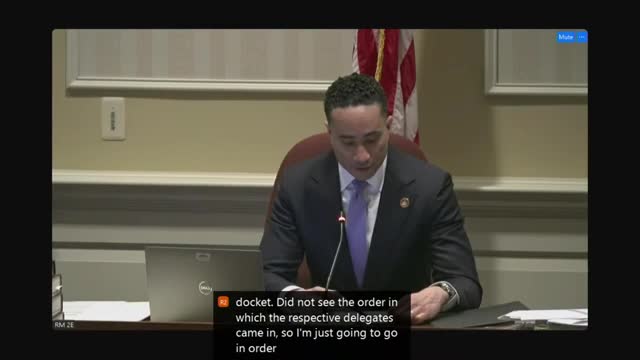Article not found
This article is no longer available. But don't worry—we've gathered other articles that discuss the same topic.
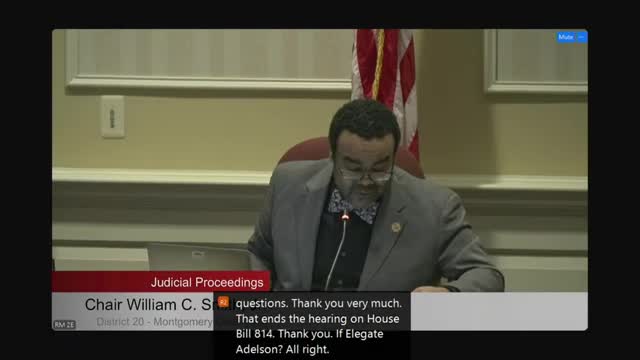
Delegate Edelson’s truancy report bill seeks updated evidence on pilot programs in Baltimore City (HB 1442)

Delegate Kim Taylor asks DJS to report annually on Youth Services Bureaus amid funding concerns (HB 814)
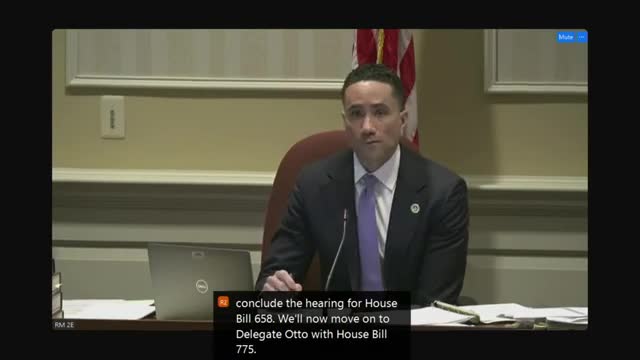
Delegate Otto seeks formal notice to elected officials when incarcerated people die in custody (HB 775)
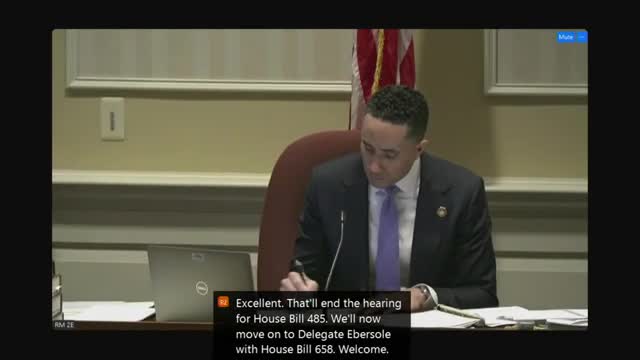
Delegate Ebersole seeks governance changes for JSEP board in HB 658
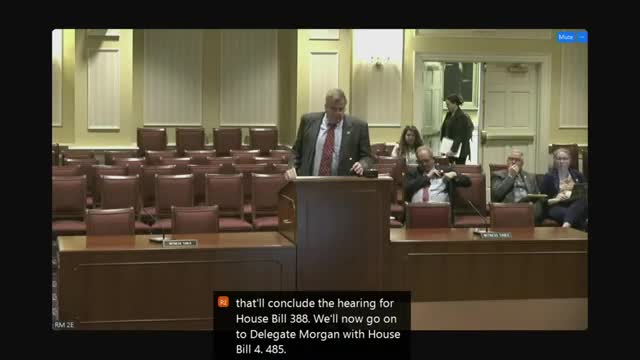
Saint Mary's County delegate seeks authority to expand court‑ordered day reporting and home detention programs (HB 485)
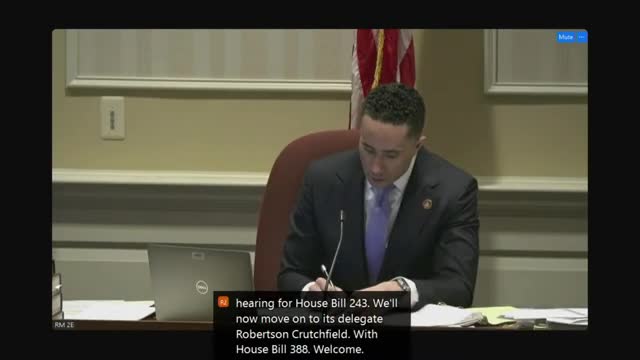
Delegate Roberson seeks statutory fix so MVA can assess points for repeat DUI offenders (HB 388)
